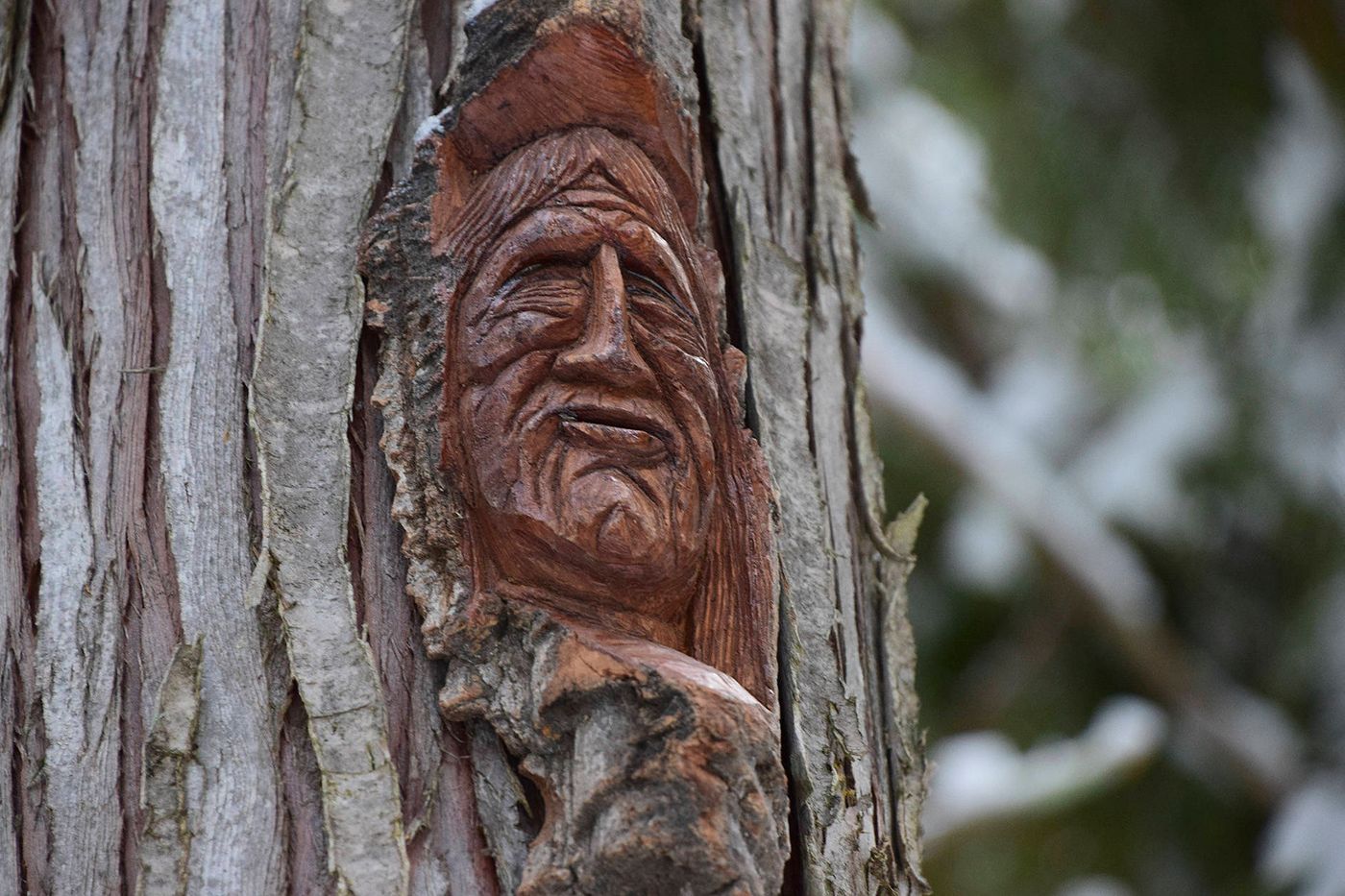
我們是原獨俱樂部。政治上主張台灣原獨。運動上堅持自然主權和歷史正義。智識上強調複數方法與複數觀點。關心所有與原住民族有關的課題。我們也是文化橋樑的建構者。
Yuandu Huotang|Apart from the colonists, who else should be responsible for history?
Welcome back to the original fire pit. The recent release of the public television series "Scarlo" adapted from the novel "Puppet Flower" has set off a wave of discussion, and the club has also received some inquiries, generally wanting to know what the aboriginal people think of the series.

We know that there are aboriginal people who welcome " Scarlo ", and there are aboriginal people who strongly criticize everything from the novel "Puppet Flower" to "Scarlo". There is a consensus opinion. Even if there is some consensus, it is not the original club that can speak on behalf of it. But that doesn't mean we can't explore more fundamental issues beyond individual cases.
The question of how Aboriginal people perceive Scarlo can be simply stated as follows:
❝Indigenous people - how to see - what non-indigenous people tell - about aboriginal people - the past ❞
In fact, we discussed this issue in the previous fire pit, and the example at that time was the novel " A Room Made of Leaves " by the well-known Australian writer Kate Grenville (Kate Grenville). In terms of point of view and method, the novel is as much a historical novel as Scarlo's original "The Puppet Flower", and in terms of genre, it is similar to Raffaello Giovagnoli's "Sparta". " Spartaco " or "Miyamoto Musashi" by Sima Ryotaro or "Hu Xueyan" by Gao Yang are no different, but from the point of view of the aboriginal people, "The Room Made of Leaves" and "Puppet Flower" have one thing in common and another. What the three historical novels do not have is the use of colonial historical materials.
▼ Why is historical fiction a colonial fiction?
Yuandu Huotang| Looking at the Colonists' Eyes from Another Grenville Novel
▼ How would Aboriginal authors use colonial sources and express the interweaving of the past and the present?
Yuandu Huotang| All narratives about the past are about the present
The use of colonial historical materials to tell the colonial past is the main reason why historical novels involving Aboriginal people are easily criticized by Aboriginal people. This has nothing to do with the wishes of creators and critics. Since Aboriginal people did not have written language, historical records about Aboriginal people must belong to outsiders, usually from colonizers, which is just a simple reality. Writers of novels may be completely unfamiliar with cultural studies, historical reflection, and methodological colonial criticism, and may write historical novels purely out of an artistic and creative impulse and desire, without considering the tiring issues mentioned above. On the other hand, the aborigines are also likely to be completely unaware that the creators have artistic aspirations and irresistible creative impulses, and only care about the writers of novels “using colonial historical materials to tell the colonial past”.
Recently, there have also been articles circulating on the Internet, arguing that creators are not responsible for history, which has also caused some debates. Actually, there is nothing wrong with this claim. We know that some writers of historical novels advocate that art belongs to art, and morality belongs to morality. Fiction writers have no obligation to be as faithful to historical facts as possible. But we also know that some writers of historical novels suffer from conscience, and some choose dramatic tension, while others choose values that cannot be compromised in their minds. This is originally the choice of individual creators, and even if it may involve the level of personality, it is not a topic that we have the ability or need to generalize.
In other words, anyone has the freedom to create as they wish, but once any work is made public, one cannot blame others for commenting on a different starting point than the original intention of their creation. Writers of novels and film and television adaptations may want to assert that they are simply trying to tell a story, an imagining or understanding of the past, but Aboriginal critics could well say that we only care about the colonial perspective reflected in it.
To a certain extent, these two attitudes may seem irreconcilable, but they are not necessarily. Recently, Kali Simmons, a native American scholar , said at the Canadian Fantasy Film Festival :
❝ If you like Aboriginal people and stories of Aboriginal people, then you should love that these stories are told by Aboriginal people in Aboriginal way.❞
Of course, for history fans, only a certain type of historical novel or historical drama can resonate, and it may be really difficult for them to learn to understand another way of expressing the past. But that's not really a problem. If you really don’t want to understand how the aborigines view history and how the aborigines use colonial historical materials, just don’t make the effort to understand them, and no one will be forcibly broken. But if you claim that your view of colonial history must be understood by the aboriginal people, and the aboriginal people must understand that the creator is not responsible for history, then it will be too hard. After all, from the perspective of the aborigines, the colonization is a group, and everyone should be responsible for the past and the present. Since everything is criticized, why exclude a certain novel or a certain TV series?
This question may be reformulated as follows:
- Besides the colonists, who else is responsible to history?
- If only the colonists are responsible, then who are the colonists?
Simon's presentation at the Canadian Fantastic Film Festival:
Haunting the National Consciousness: The Rise of Indigenous Horror
❝ Yuan Du Quotations 013|Persuasion replaces conquest; dryness replaces spoilage.❞
Like my work?
Don't forget to support or like, so I know you are with me..
Comment…